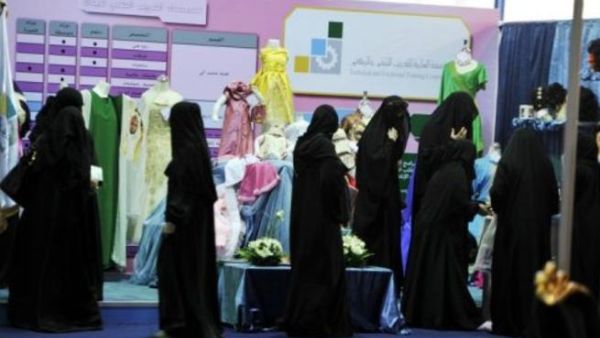September 26th 2011 was an important great day for the women inSaudi Arabia after King Abdullah had finally granted them the right to vote and be elected. The new law will not come into force before 2015 but it is nevertheless a great change for the Saudi women who have been deprived of numerous rights that the rest of the world considers basic such as the right to drive.
The Saudi women have been marginalized in the labor market. Today, they need a permission from their husbands or male relatives to work. Out of all the employed people, only 15% are women and therefore the kingdom could still have a tremendous source of work force. Another major problem lies in the fact that the women are limited to only a handful number of jobs such as teachers, nurses and house maids. These and many other obstacles need to be overcome if the Kingdom wants to have a more dynamic economy.
It is true that in the last 10 years the number of working women has tripled, but it is still a pitiful number. A large number of Saudi women boast high education, but two thirds of them remain unemployed after graduating. Furthermore, only 10% of employed women do not hold a secondary qualification or university degree with women making up 56% of the college graduates.
The vast majority of Saudi working women are employed in the public sector (95%). Thus, 30% of the government’s employees are women. The number of women working in the private sector (mostly private businesses and banking) has increased by 27% over two years, but it still makes for a small percentage of less than 5%. Overall, 78% of unemployed women are university graduates, so it is immense potential that remains unexploited.
Apart from the intellectual assets not being capitalized on, the female population ofSaudi Arabiaholds significant financial assets in their hands. Not only do they own 12% of the firms in the country and 16% of the large manufacturing firms along with 38 000 women being business owners, but they also hold $11.9 billion in cash. What makes all this capital useless is that they still need permission from their male guardians to enter into any business transaction.
Taking all this into account, plus the fact that the country spends $4 billion per year for drivers for women,Saudi Arabia’s economy would boost even if minor changes are made. However, as strange as it may seem, not all Saudi women are looking for a radical change. Yes, there have been many petitions, demonstrations and campaigns for greater personal freedoms in the past years, but interestingly enough there have also been petitions signed by thousands of women appealing punishment for those who want equality between men and women and instigating liberty. (Source: www.yallafinance.com)







